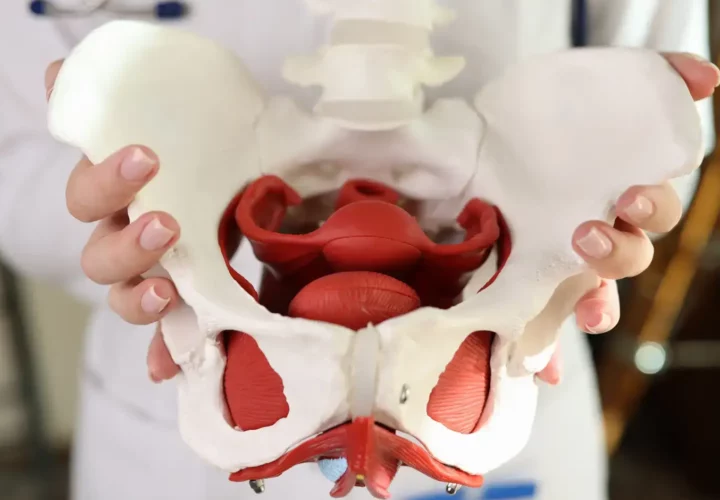Recently, doctors have seen an increase in the number of children who have rickets. This is a skeletal disorder that is caused by a lack of Vitamin D, calcium, or phosphate. To improve bone health, Vitamin D is necessary because without it, your body will not be able to effectively absorb calcium.
Vitamin D and Bone Health
Bones play a very important role. Not only do they provide your structure, but they protect your organs, anchor muscles, and store calcium. Though you should start building good bone health at a young age, it is never too late to protect your bones.
Vitamin D
Men and women under the age of 50 need approximately 500mg of Vitamin D a day and those over 50 need 700mg a day. There are three main ways to obtain Vitamin D; sunlight, food, and supplements.
Through sunlight, your skin makes Vitamin D. How much sunlight your skin makes depends on the time of day, season, latitude, age, and other factors. Many people do not have enough Vitamin D. As someone ages their skin will lose the ability to generate the Vitamin D. Those who live in cities or nursing homes also do not spend much time outdoors which has an affect as well. Also, using sunscreen can reduce production by 95%.
Very few foods even have Vitamin D. A few sources you can find it in though include fatty fish such as salmon or tuna. You may also be able to find it in dairy products such as orange juice, soy-milk, and fortified cereals. This is because Vitamin D is often added to products such as these. But of course, you can check the food label and see how much, if any, has been added to that product.
Supplements. Because it’s hard to get enough Vitamin D through food, supplements are great. However, before adding this supplement into your daily routine make sure to check if any other supplements or medications you take have Vitamin D. If you are not sure which supplement to buy, check with a physician or healthcare provider as they would be glad to help you.
Calcium
Another great way to help with bone health is adding more calcium into your diet. Besides calcium being good for bone health, it also helps your blood clot, your muscles contract, and your heart beat. One interesting fact; about 99% of the calcium in the body is in your bones and teeth. Our bodies cannot produce calcium but it can lose calcium. Calcium is lost everyday through the skin, nails, hair, sweat, urine, and feces.
A women who is 50 or younger needs a daily intake of calcium of approximately 1000mg. Women over 51 need approximately 1200mg a day. For men it’s a little different. Men 70 0r younger need approximately 1000mg and those 71 or older need 1200mg. Great sources of calcium include dairy products such as milk, yogurt, and cheese. Some juices even offer calcium. Other foods include breads, certain snacks, and even some bottled water. Another way to obtain your calcium is through supplements. However when choosing a calcium supplement there are some things to keep in mind. These include:
- Choose name brand with proven reliability
- Read the product label carefully
- Calcium is absorbed by the body best when taken in amounts of 500-600mg or less
- Take your supplement with food
- When starting a new supplement, start with a small amount and work your way up
- Side affects may occur. This includes gas or constipation
Two other great ways to help promote good bone health are physical activity and avoiding substance abuse. Weight bearing exercises (walking, jogging, climbing stairs) help build strong bones and slow down bone loss. While not smoking and over drinking helps keep your bone structure uncompormised and healthy.
Asking for Help
If you think your bone health may be at risk, contact your physician. Risk factors of unhealthy bones include osteoporosis, rickets in children (as stated above), and other conditions. Consulting a doctor means he/she can help you know what you might be up against and start treating it now instead of later.



